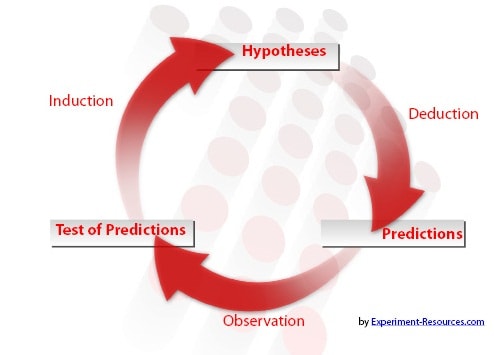Philosophy of Statistics
The philosophy of statistics deals with a number of related issues that try to study and understand the statistical methodology and its validity and applicability.
This article is a part of the guide:
Browse Full Outline
It can be highly theoretical in nature, for example, examining the epistemological questions that arise in data collection and statistical methods or it can be very practical, defining the goals and direction that statistics should take. Both these issues are important and help enhance our understanding of statistics and the benefits that we can derive from statistical analysis.
A deeper understanding of the philosophy of statistics can help us apply the laws of statistics to study new phenomena and be able to draw different conclusions. Ethics in statistics also comes under the broader philosophy of statistics and should be understood and appreciated by all researchers.
Certain fundamental issues are addressed in philosophy of statistics, like the use and justification of parametric statistics, the types of data distribution assumptions and their validity, the use of different models for different situations, selecting the right statistical models and also the interpreting of the results from a given study or experiment.
Interpretation of data is very important in statistics because that is what is finally going to matter after an experiment has been conducted. Philosophy of statistics is involved in drawing the right inferences from the data and the issues of causality and correlation. These are important because correlation may not imply causation and the researcher needs to be careful in drawing the right conclusions from the experiment or study. Inferential statistics is very much influenced by philosophy of statistics. Other distinctions like the difference between inductive and deductive conclusions and their use in different situations are also studied.

Philosophy of statistics is extensively applied to many practical and pressing issues that face our world today. For example, a lot of experiments in the pharmaceutical industries employ the methods of philosophy of statistics to understand the results because the effects of a misstep can be quite drastic in such situations.
Ethics in philosophy are also extremely important in medical research because drug companies can potentially involve in data drudging because millions of dollars might be at stake for the success of a drug. These kinds of unethical behavior is not unheard of in the pharmaceutical industry but needs to be prevented because of the high costs associated with the these misuses of statistics.
Siddharth Kalla (Jul 17, 2010). Philosophy of Statistics. Retrieved Feb 20, 2026 from Explorable.com: https://explorable.com/philosophy-of-statistics
You Are Allowed To Copy The Text
The text in this article is licensed under the Creative Commons-License Attribution 4.0 International (CC BY 4.0).
This means you're free to copy, share and adapt any parts (or all) of the text in the article, as long as you give appropriate credit and provide a link/reference to this page.
That is it. You don't need our permission to copy the article; just include a link/reference back to this page. You can use it freely (with some kind of link), and we're also okay with people reprinting in publications like books, blogs, newsletters, course-material, papers, wikipedia and presentations (with clear attribution).
This article is a part of the guide:
Browse Full Outline
Footer bottom


